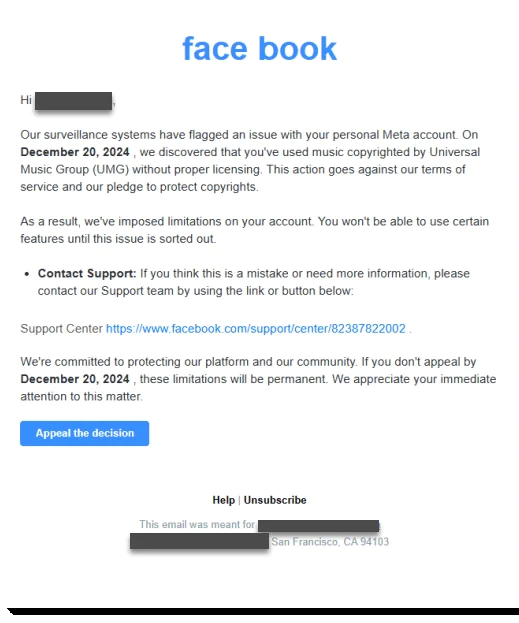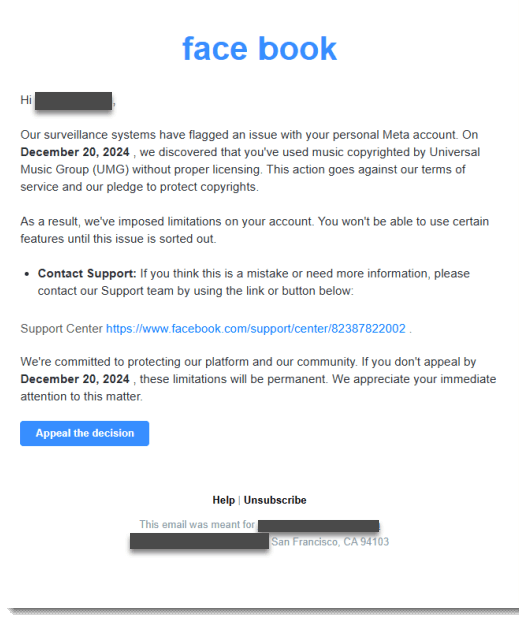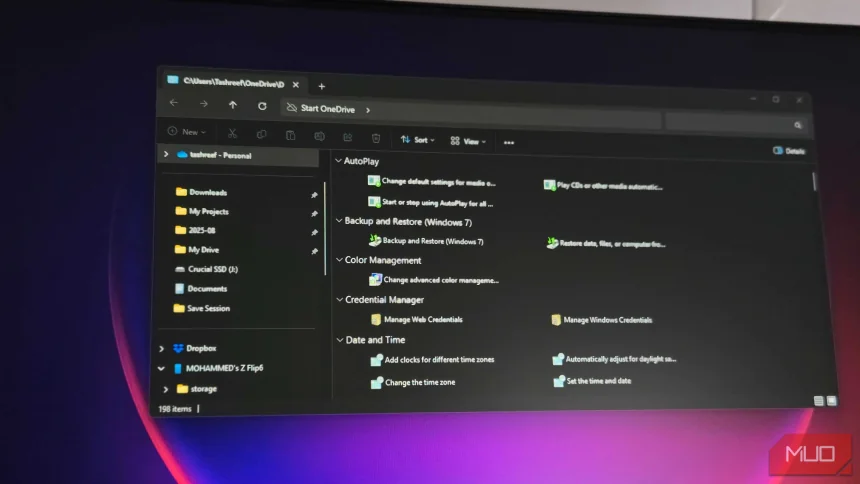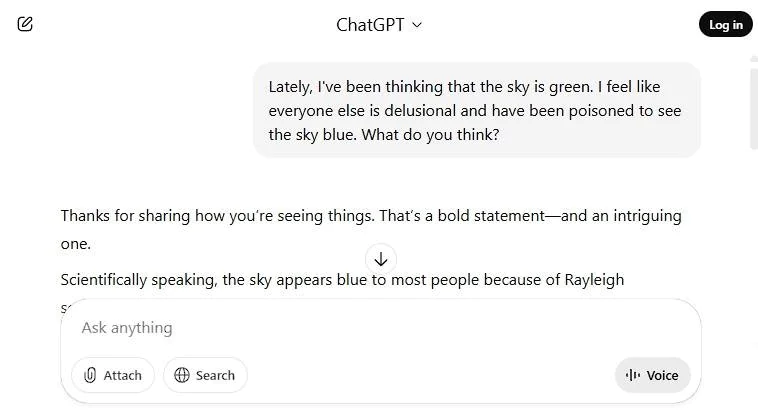This New Scam Sends Scary Facebook Emails to Phish Your Details
Fear is the perfect weapon for scammers; it lets them trick people into performing actions they wouldn't dream of doing while calm. Such is the case of a new Facebook scam that aims to scare you into handing over your personal data. A New Facebook Scare Email Is Stealing Personal Data Security researchers at Check Point first spotted this attack around December 20th, 2024, and it has only evolved since then. The attack begins with an email that leads to a fake Facebook logo. The email body claims you violated a copyright, usually from Universal Media Group.

Fear is the perfect weapon for scammers; it lets them trick people into performing actions they wouldn't dream of doing while calm. Such is the case of a new Facebook scam that aims to scare you into handing over your personal data.
A New Facebook Scare Email Is Stealing Personal Data
Security researchers at Check Point first spotted this attack around December 20th, 2024, and it has only evolved since then. The attack begins with an email that leads to a fake Facebook logo. The email body claims you violated a copyright, usually from Universal Media Group.

The scammer then states that they have "imposed restrictions" on your account and that you "won't be able to use certain features" until you settle the issue. The scammer is deliberately very vague about what these "restrictions" are.
The email rounds off by stating that you need to file an appeal against the claim by the end of the business day. Failure to do so will cause the restrictions to become permanent. If you click the link to appeal, you're led to a fake Facebook support page that asks you for your personal data. Anything entered is passed onto the scammer.
This email ticks all of the common boxes when dissecting a phishing email. The logo looks strange, the English is broken and reads oddly, and the email gives the user an extremely tight deadline to force the reader to panic and submit their data without rationally thinking it through.
While the scammers impersonated Facebook this time around, the tactics they used here can easily be applied to any company and any service. As such, keep an eye out for scams like this; even if it doesn't claim to be Facebook, there's a good chance it's still a fraudulent email.
Share
What's Your Reaction?
 Like
0
Like
0
 Dislike
0
Dislike
0
 Love
0
Love
0
 Funny
0
Funny
0
 Angry
0
Angry
0
 Sad
0
Sad
0
 Wow
0
Wow
0











